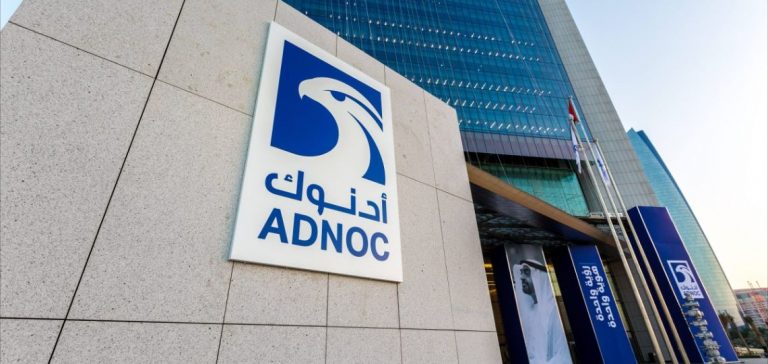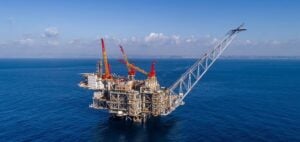ADNOC Gas officially announced the suspension of expansion operations at its Das Island LNG export facility. This decision marks a significant turning point in the company’s plans to modernize and expand its natural gas liquefaction capabilities. The project, known as LNG 2.0, aimed to electrify LNG trains to reduce greenhouse gas (GHG) emissions and increase the production of ethane and LNG.
The LNG 2.0 project also included efforts to debottleneck LNG trains and increase ethane extraction and export. The goal was to add 1.2 million metric tons per annum of ethane, 0.9 million metric tons per annum of LNG, and 1.1 million metric tons per annum of C3+ by 2028. Despite these ambitions, ADNOC Gas decided not to proceed with the project at this stage.
Strategic Reorientation of ADNOC Gas
ADNOC Gas, a subsidiary of the state-owned Abu Dhabi National Oil Company (ADNOC), emphasized that it will continue to invest in Das Island, recognizing its strategic importance in its LNG portfolio. This reorientation allows the company to focus on other priority projects while maintaining essential operations at Das Island. The decision is part of a broader strategy to increase the company’s production capacity by 30% over the next five years and expand its LNG capacity by 8.3% by 2028.
The Das Island site, operational since 1977, is one of the world’s oldest LNG facilities, ranking third in terms of overall longevity. With a liquefaction capacity of 6 million metric tons per annum (MMtpa), Das Island plays a crucial role in the United Arab Emirates’ LNG exports. The suspension of the LNG 2.0 project does not compromise current operations but indicates a shift in investment priorities.
New Initiatives and Future Projects
In June 2024, ADNOC Gas announced the final investment decision (FID) for the Ruwais LNG project, a two-train, 9.6 MMtpa liquefaction facility located in Ruwais, Abu Dhabi emirate. This project is currently under construction and is expected to begin production by late 2028. ADNOC Gas plans for this new addition to complement its existing portfolio and meet the growing global LNG demand.
ADNOC Gas has also allocated 40% minority stakes in the Ruwais LNG project to BP, Mitsui, Shell, and TotalEnergies, with each receiving a 10% stake while ADNOC retains a 60% majority stake. ADNOC maintains a majority stake to strengthen its strategic partnerships with these major energy companies. These partnerships are essential for securing the long-term offtake agreements necessary for the project’s viability.
Offtake Agreements and Market Outlook
By July 2024, ADNOC signed 70% of the required offtake agreements for the Ruwais LNG project, with additional announcements expected. These agreements include heads of agreements with Shell and Mitsui for 1 MMtpa and 0.6 MMtpa, respectively. Additionally, agreements are underway with Germany’s EnBW and SEFE and China’s ENN. These agreements already total 4.2 MMtpa, approximately 44% of the project’s total capacity, leaving 2.5 MMtpa to be secured to meet production targets.
Analysis by Commodity Insights in August 2024 suggests that ADNOC Gas has signed additional undisclosed agreements, bringing the total offtake contracts to 5.7 MMtpa. This advance on sales targets strengthens ADNOC Gas’s position in the global LNG market and illustrates its ability to attract leading partners to support its ambitious projects.
Impact on the LNG Market and UAE Strategy
The suspension of the LNG 2.0 project and the focus on initiatives such as the Ruwais project demonstrate ADNOC Gas’s commitment to adapting its strategy based on the dynamics of the global LNG market. The emphasis on increasing production capacity and expanding existing facilities reflects the United Arab Emirates’ determination to reinforce its position as a global leader in the LNG sector.
By aiming for energy self-sufficiency by 2030, the UAE is heavily investing in projects that not only increase its LNG export capacity but also improve the efficiency and sustainability of its energy operations. These efforts are essential to meet the growing energy demand while minimizing the carbon footprint of liquefaction and export activities.





















